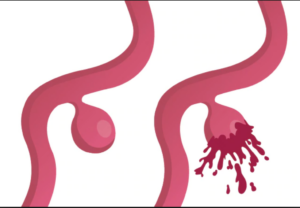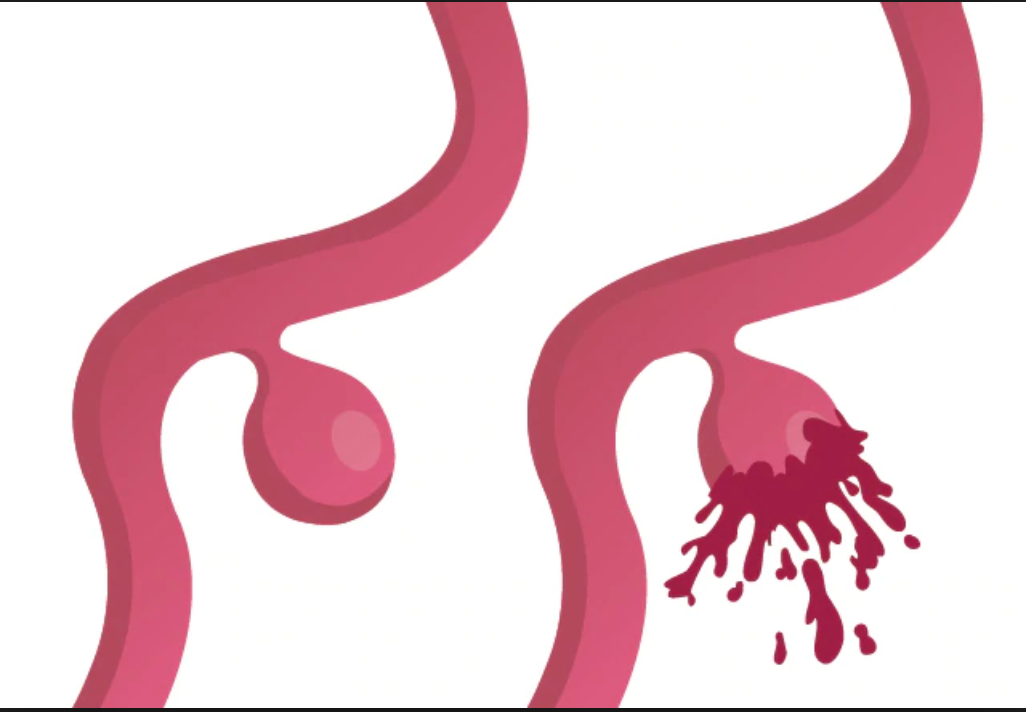https://danmulhern.com/wp-content/uploads/2020/09/Leading-Through-Scary-Times-Part-1.mp3
I used to think of this 60-day lead-up to the election as Silly Season. Now it feels like Scary Season. In the coming series of Read2Lead blogs we will offer ideas and practices to lead through the fear. We need leaders – you, leading with your best self – now more than ever.
Systems are on overload. Fear is being activated and spiked by multiple forces:
- The virus. So many levels of fear can be captured by this moment-to -moment and day-by-day dilemma: you’re trapped at home, or unsafe outside! Pick your risk.
- The economic uncertainty.
- The anguish at the pain of African Americans and how the inhumanity keeps on coming.
- The fear that radical elements on the left and right will heighten violence and loss (and the media’s constantly feeding us the most graphic images).
- The apparent unraveling of political systems we used to trust in: the sanctity of the vote, the good faith of – and in – the media, etc.
I don’t need to tell you this is hard. I name these causes to reassure you this is not anyone’s personal problem, you are not going crazy! And I name them to make it apparent how we need leaders – you – to help us shift from animal reaction to considered response to these multiple threats. Reaction is fight and flight of “us” against “them.” It’s our most basic survival equipment. But now more than ever we need response. Not ranting, quitting, whining, scapegoating, catastrophizing, and othering.
I’d like to start this series by pointing your attention to a pattern in systems. Pressure seeks release and finds well-worn points in which it concentrates
 Pressure finds a weakspot – an aneurysm
Pressure finds a weakspot – an aneurysm
itself. I see these weak points light up in work systems and family systems, like hotspots on the fire maps in California. When people are in systems of heightened pressure, age-old “weak” points light up. For example, from March-to-May we had six adults living and working in our home – a therapist, two teachers, an office manager, a coach and a broadcast media personality. If the walls could speak. Oh, not, the walls did speak!!!! We were all under collective stress (see bullet points above). Yet, it was the classic “problem pair” in our house who started acting out in frustration, mutual blame (yes, I was one!). Voices went up, and rationality and kindness went down. You may see it in your system where “everyone” is frustrated with the “problem child,” the “controlling dad,” “the ridiculous bureaucrats,” or some other “him, her or them” (i..e., seldom “me.”) Just like “one bad cop” does not explain “systemic racism,” these flare-ups are real – even fatal – but often they are also a distraction from the whole problem.
Oh, there are “truths,” little data points that people marshal to support their stories. I justify why I am right, or I take sides with “my” combatant, or I take solace in stories to blame all those idiots. The “problem child” or “problem parent” (me!) has agency and responsibility – yes! – but in this time, a major cause is systemic; it belongs to the pressure we’re all under.
What to do?
- Don’t be entirely fooled by the flare-ups. Don’t concentrate attention and pressure on the particular personality or pair, as though that’s the thing. For example, your “crazy conservative brother,” or “wacky feminist sister” is surely not the cause of the whole family’s suffering. And the “annoying” co-worker or sister-in-law isn’t just that single-story about them. They are whole people struggling just like you. A wider lens and a dose of compassion may be in order.
- Address systems together. Ask:” What can we all – and each – do to deal with the pressure?” One positive thing would be to just share what each of you – in family or office – are doing to cope.
- Ask yourself whether you are a net “pressure heightener” or “pressure reliever.” Start with whether your strategies are raising or lowering your own pressure! Some of my family and friends, for instance, have quit Facebook, because they realized it was bringing more stress than relief and joy. Taking care of themselves helps them lower the systemic pressures.
Next week I’ll shift to the tried-and-true ways to proactively lead in these hyper-stressed systems.
For now, be wise, kind and inclusive to
Lead with your best self,

